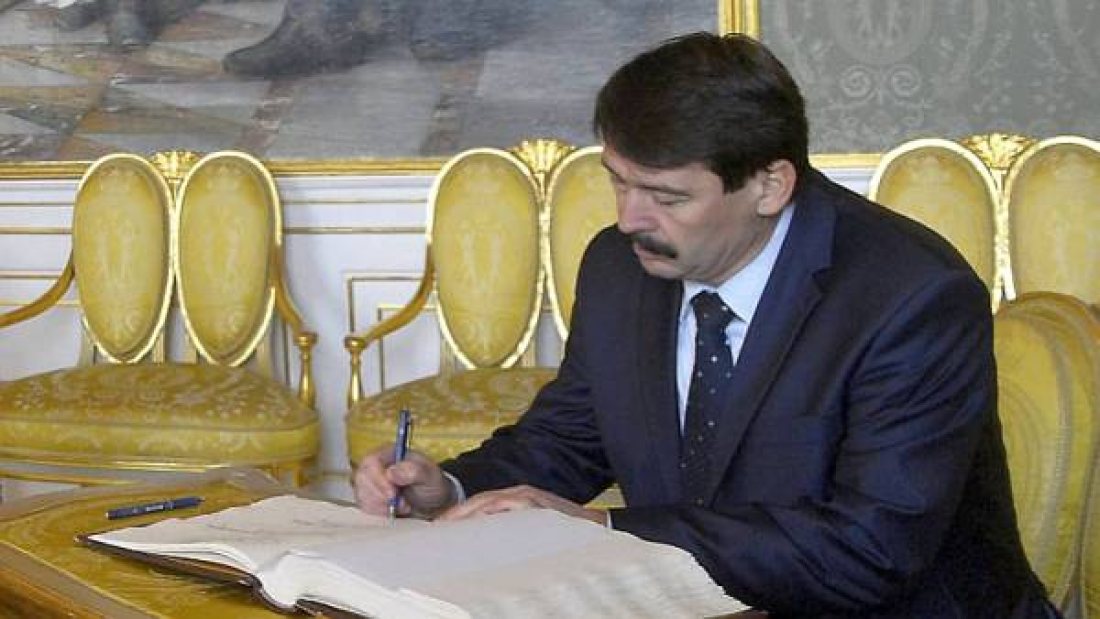Despite this week’s mass protests in Budapest, the Hungarian President has signed what has become known as ‘Slave Law’ and another piece of legislation establishing a new administrative court that would undermine the independent judiciary, rendering them under the influence of the Minister of Justice.
Reacting to the news that, despite this week’s mass
protests in Budapest, the Hungarian President has signed what has become known
as ‘Slave Law’ and another piece of legislation establishing a new
administrative court that would undermine the independent judiciary, rendering
them under the influence of the Minister of Justice, Massimo Moratti Europe
Deputy Director, said:
“By failing to listen to the Hungarian people and
formally enacting the two laws, the President has dealt another blow to the
protection of human rights in Hungary. He had an option to send back the law to
the Parliament or raise the issue of laws’ constitutionality before the
Constitutional Court. Despite mass demonstrations in which thousands of Hungarians
have braved freezing temperatures to protest against government’s attempts to restrict
their rights and freedoms, the authorities remained intransigent
“Independent courts that are free from political
interference are a fundamental tenet of human rights. And yet in Hungary, the move
to bring courts under ministerial control is just the latest in a series of
measures taken by the Hungarian authorities to erode human rights and rule of
law in Hungary.”
Background
On 12 December, Hungarian parliament adopted a law, which
allowed companies to request employees to work up to 400 hours overtime
annually and delay the payment of wages for such overtime for up to three
years. Simultaneously, it adopted a law establishing a new administrative
court, which would operate under the control of the Ministry of Justice, rather
than as independent judicial institution.
Thousands of people have taken to streets since Wednesday
12 December when the Hungarian parliament adopted what protesters are calling a
‘Slave law’, which allows employers to request workers to work up to 400 hours
of overtime a year. Employers could delay these overtime payments for up to
three years.
On the same day, the parliament adopted a new piece of
legislation which created a new administrative court system
that would be under control of the Minister of Justice, rather than operate as
an independent judicial institution. In addition to their call to repeal the ‘Slave
Law’, protesters issued a series of other demands including a call for an
independent judiciary and independent and impartial public media. The
protesters threatened to carry out a general strike and disobedient action if
the President signed the legislation, formally ensuring its entry into force.
